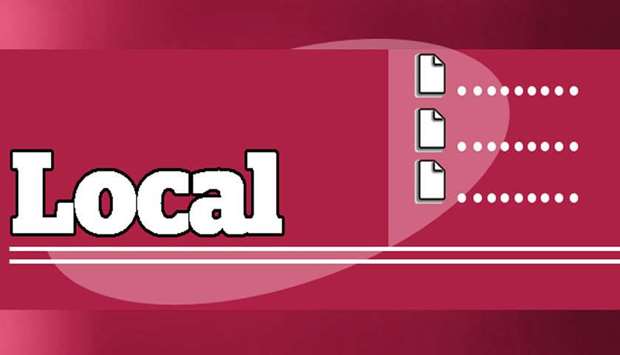Stronger economic growth, led by higher oil prices, and its expected contribution to credit fundamentals have encouraged Fitch, a global credit rating agency, to forecast a “stable” outlook for the Gulf Co-operation Council (GCC) Islamic banks in 2019.
“Credit growth will remain weak at about 5% – still above financing growth at conventional banks – and will increase from 2018 levels in most countries,” Fitch said, expecting liquidity to remain strong.
“We expect capital levels to remain mostly unchanged in 2019. Earnings will remain high, benefiting from increasing interest rates in most countries,” it added.
Government issuance and subsequent liquidity injections in the banking systems will continue to support solid liquidity in the region, it said, adding nevertheless, lower deposit growth will put pressure on the ability to lend, although this will be partially offset by lower demand.
Highlighting that funding at Islamic banks will continue to benefit from stronger retail networks and higher current and savings account/retail deposits; it said as a result, they typically rely less on market funding than their conventional peers and this is expected to continue.
Strong financing growth on broader adoption and innovative structuring of Shariah-compliant products is expected to continue in 2019, it said.
Fitch said potential sovereign support drives 89% of Islamic banks’ long-term IDRs (Issuer Default Ratings) in the GCC, reflecting the strong record of sovereign support in these countries and the sovereigns’ relatively high ratings. The GCC bank ratings are therefore highly sensitive to sovereign pressures.
Most Islamic banks will benefit from rising rates due to their large proportions of non-profit-bearing deposits. Nevertheless, the larger branch networks for the size of their franchises result in higher costs.
“Funding costs are expected to be less pressured due to higher liquidity in the system. There will be fewer benefits from rising rates where competition is strong, such as in the UAE. Islamic banks are disadvantaged in terms of fee income generation, as they cannot charge late fees or other penalties,” it said.
Expecting capital levels to remain mostly unchanged in 2019 due to low financing growth; Fitch said ratios are above global peers’ but buffers will remain only adequate given high concentration risk (single borrower and sector) and event risk.
Islamic banks tend to have higher capital ratios than conventional banks and this is expected to remain the case. Kuwaiti Islamic banks apply a 50% alpha factor to risk-weighted assets, benefiting capital ratios, to account for the potential loss absorption capacity of Islamic deposits.
Asset-quality metrics will remain under pressure with weak financing growth, particularly in the contracting and real-estate sectors, it said, adding credit concentration remains a key risk.
The asset quality transparency is likely to “significantly” improve with IFRS 9 disclosures in 2019. However, the calculation for Stage 2 financing is currently different from bank-to-bank. It is expected to take a few years for banks to calculate Stage 2 financing consistently, according to the rating agency.

local

